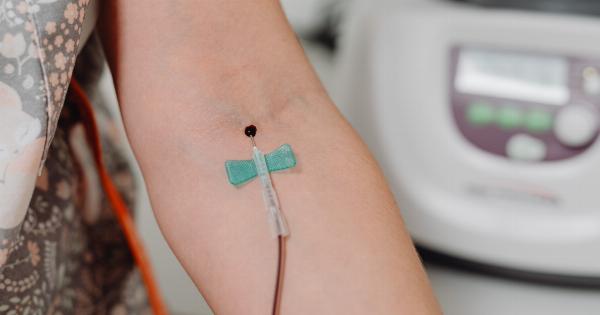An aneurysm is a bulge in a weakened area of an artery that can increase the risk of rupture and severe bleeding. This condition is prevalent, and its occurrence is often accompanied by hypertension, which can increase the risk of rupture.
Hypertension causes the walls of an artery to expand, which can increase the risk of aneurysm rupture. However, antihypertensive drugs can reduce the risk of aneurysm rupture.
What are Antihypertensive Drugs?
Antihypertensive drugs are medications used to treat high blood pressure in hypertensive patients. Several types of antihypertensive drugs are available on the market, including:.
- Diuretics
- Beta-blockers
- ACE inhibitors
- ARBs
- Calcium channel blockers
How Do Antihypertensive Drugs Prevent Aneurysm Rupture?
Antihypertensive drugs work by exerting their effects on the walls of blood vessels. These medications can help reduce the pressure within the walls of blood vessels to prevent the walls from breaking down or bulging outwards.
Additionally, antihypertensive drugs can also enhance the remodeling of blood vessel walls, which can help to shrink aneurysms and reduce the risk of rupture.
Diuretics
Diuretics are medications that remove excess water and salt from the body through increased urine production. These drugs can help to reduce fluid buildup in the body and can help to reduce blood pressure in hypertensive patients.
Beta-blockers
Beta-blockers block the effects of adrenaline and other stress hormones on the heart. These drugs reduce the workload on the heart by decreasing heart rate, force of contraction and blood pressure.
They can also improve heart function and reduce the risk of heart attack or heart failure in patients with hypertension.
ACE Inhibitors
ACE inhibitors reduce blood pressure by blocking the actions of an enzyme known as angiotensin II, which causes blood vessels to constrict and increase blood pressure.
ACE inhibitors can help to reduce the size of aneurysms by relaxing the blood vessel walls and reducing blood pressure in hypertensive patients.
ARBs
ARBs also block the actions of angiotensin II, but in a different way. They can help to reduce blood pressure and the size of aneurysms in hypertensive patients.
Calcium Channel Blockers
Calcium channel blockers block the movement of calcium ions into the walls of blood vessels. By doing so, they can help to relax the blood vessel walls, reduce blood pressure in hypertensive patients and reduce the size of aneurysms.
Cautions
While antihypertensive drugs are effective in preventing aneurysm rupture, their use should be carefully monitored to avoid unwanted side effects. Some patients may experience side effects such as dizziness, fatigue, headaches, nausea, or flushing.
Additionally, antihypertensive drugs can interact with other medications, so it’s important to disclose all medications, including over-the-counter medications and herbal supplements, to avoid drug interactions.
Conclusion
Aneurysm rupture is a severe and possibly fatal condition that often accompanies hypertension. Antihypertensive drugs can help to reduce the risk of aneurysm rupture by exerting their effects on the walls of blood vessels.
Diuretics, beta-blockers, ACE inhibitors, ARBs, and calcium channel blockers all work to reduce blood pressure and the size of aneurysms and minimize the risk of rupture. However, their use should be monitored carefully to avoid unwanted side effects and drug interactions.




























